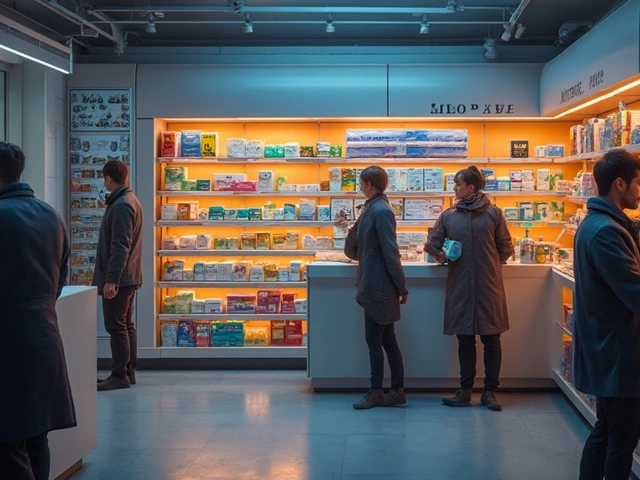False Drug Allergy: Spotting Real Reactions vs. Misdiagnosed Symptoms
When someone says they have a false drug allergy, a mistaken belief that a medication caused an allergic reaction when it actually didn't. Also known as drug intolerance, it's one of the most common misdiagnoses in medicine—and it can keep you from getting the right treatment. Many people label nausea, dizziness, or a rash as an "allergy" after taking a pill, but true drug allergies involve the immune system reacting to the drug like a threat. That means real allergies can cause swelling, trouble breathing, or anaphylaxis—not just an upset stomach.
Most reactions people call allergies are actually side effects or intolerances. For example, if you got dizzy after taking ibuprofen, that’s not an allergy—it’s a common side effect. But if your throat closed up after penicillin, that’s a real allergic reaction. The difference matters because if you’re wrongly labeled allergic to a drug, your doctor might avoid prescribing something that’s actually safer or more effective for you. A false label can mean you get a less effective antibiotic, a more expensive alternative, or even a drug with worse side effects.
Some drugs are commonly mislabeled. Penicillin is the big one—up to 90% of people who think they’re allergic to it aren’t. Many outgrow it, or their original reaction was something else, like a viral rash. Same with opioids: people often say they’re allergic when they just got constipated or felt nauseous. Even common painkillers like aspirin and NSAIDs get mislabeled. And here’s the thing: if you’ve been told you’re allergic to a drug without testing, you might be missing out on better treatment options.
Getting tested can change everything. Skin tests and controlled challenges under medical supervision can confirm whether a reaction was truly allergic. It’s not just about avoiding risk—it’s about opening doors to better care. If you’ve been avoiding a drug because of a past reaction, ask your doctor if it could be a false alarm. You might be surprised.
In this collection, you’ll find real stories and science-backed guides on how to tell the difference between a dangerous allergy and a simple side effect. You’ll learn how certain antibiotics trigger heart issues, why some meds wreck your gut, and how to spot fake pills that could be deadly. These aren’t just warnings—they’re tools to help you speak up, ask the right questions, and take back control of your health.




